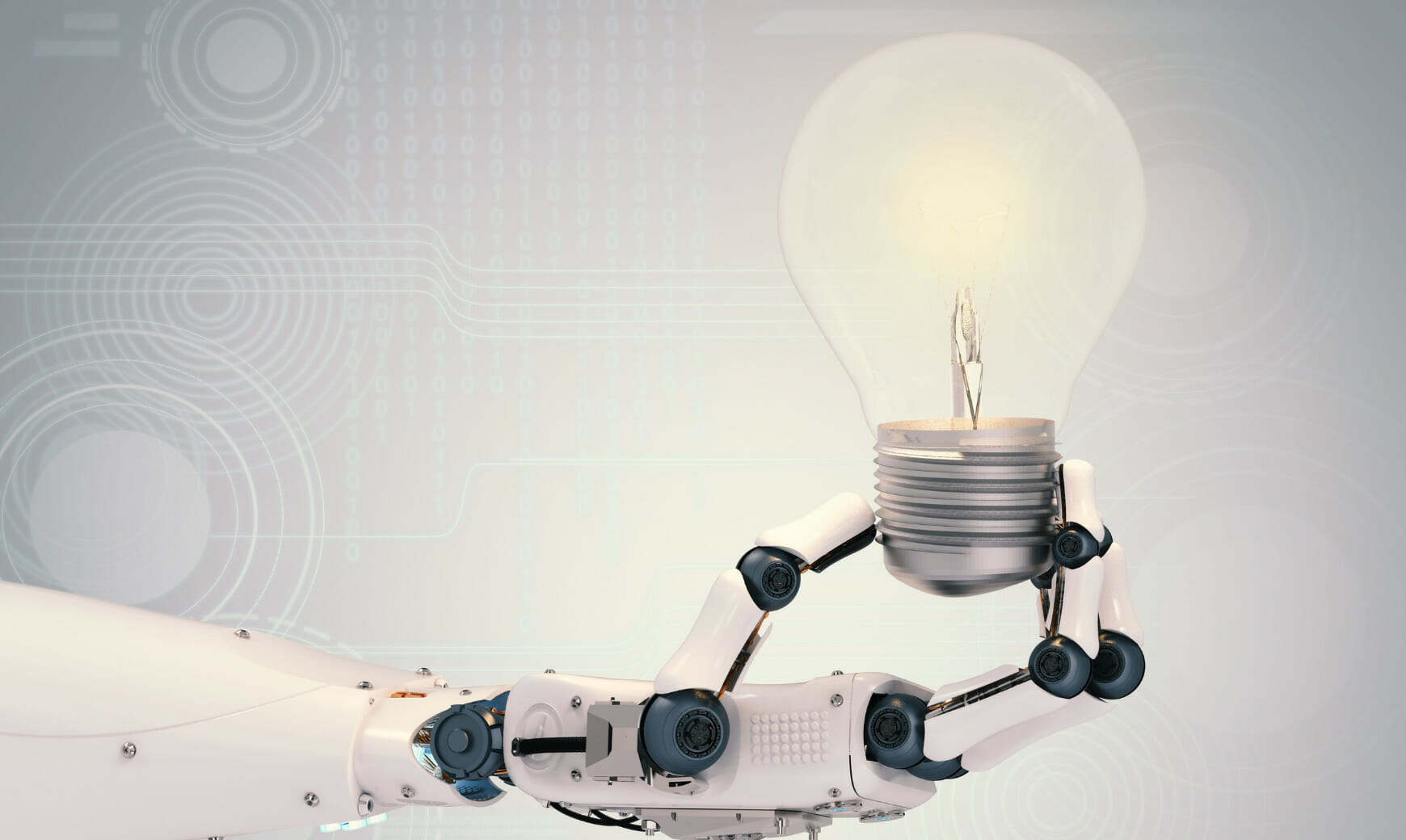Patent applications for artificial intelligence (AI), machine learning, and other software-related inventions are often rejected by the US Patent and Trademark Office (Patent Office) as being too abstract and thus ineligible for patenting under 35 U.S.C. §101, the patent law that provides what categories of inventions are patentable. The Patent Office recently issued a memo offering guidance to patent examiners (and, by extension, to patent applicants) for evaluating subject matter eligibility for software-related inventions. The memo contains important reminders that may help applicants seeking to patent software-related inventions avoid rejection.
As discussed in more detail at the Patent Office’s subject matter eligibility web page, the key inquiry for patent eligibility involves two prongs: 1) whether the patent claim recites a judicial exception to eligibility (abstractness, mental processes, products of nature, etc.), and if so, 2) whether the patent claim integrates the judicial exception into a practical application.
For prong 1, the memo includes the following helpful reminders:
- A mental process (thinking) that can be performed in a human mind is ineligible for patent protection. On the other hand, claim steps that cannot practically be performed in a human mind could be eligible for patenting.
- A patent claim that merely involves a judicial exception of patent-ineligible subject matter is nevertheless patent eligible, for example by merely involving an abstract concept without providing any specific steps. Conversely, a claim that recites a judicial exception, for example by providing specific, mentally performable or mathematical steps as claim requirements, requires further review by proceeding to prong 2. In the Patent Office’s provided examples of subject matter eligibility claim analysis, Example 39 involves a judicial exception while Example 47 recites a judicial exception.
For prong 2, the memo includes the following helpful reminders:
- Consider a claim as a whole rather than individual claim wording in isolation.
- Especially important for AI, machine learning, and other software-related claims, improving the functioning of a computer or improving another technology or technological field is evidence of patent eligibility. The patent application’s specification does not need to discuss the improvement explicitly, but the specification can be consulted in determining whether the claimed invention provides the improvement.
- Avoid oversimplifying the claims. This inquiry includes evaluating whether a claim recites the idea of a solution (patent ineligible) or recites a particular solution to a problem (patent eligible).
The memo also provides a general reminder that a claim should be rejected under Section 101 only when it is more than 50 percent likely that the claim is patent ineligible. Of course, that standard is itself abstract and could provide a patent applicant grounds for arguing that the claimed invention is patentable—or not.
This article should be viewed not as legal advice, but merely as background information on evaluation of patent subject matter eligibility. To maximize the protection of your AI, machine learning, or other software-related inventions, please contact the author or any other member of McCarter & English’s patent prosecution group.
